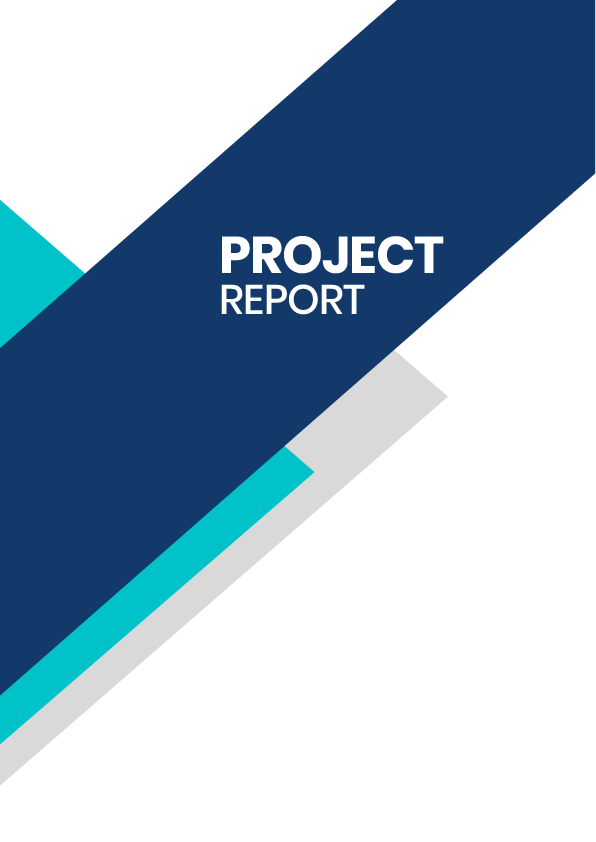Related Keywords
- Car Wiring
- Vehicle Wires
- Automotive Electrical Wires
- Automobile Wiring System
- ऑटोमोबाइल वायर
- वाहन विद्युत तार
Business Potential & Market Feasibility of Automobile Wires
- Global and Indian market scenario: The global automotive wire market hits ₹50,000 crore in 2025, growing 5% yearly. India’s ₹10 lakh crore auto industry uses wires for 54% of OEM parts, valued at ₹5.18 lakh crore in 2024.
- Rise of EVs and the need for efficient wiring systems: Electric vehicles, growing 40% yearly in India, demand advanced wiring for batteries and controls, increasing wire needs by 12% by 2030.
- Key sectors/clients (OEMs, automotive repair, aftermarket services): You can supply OEMs like Maruti Suzuki, covering 60% of wire sales, plus repair shops and a ₹9.38 lakh crore aftermarket growing 10% in 2024.
- Import/export potential: India exports ₹5,000 crore worth of wires to Europe and the USA. You can import copper from China at 5-10% lower costs for savings.
- Required machinery, tools, and raw materials: You can buy wire-drawing machines (₹12 lakh), extruders (₹18 lakh), and copper (₹850/kg). PVC insulation, costing ₹220/kg, needs 1 tonne monthly.
- Ideal location setup (industrial area, logistics convenience): You can set up in hubs like Gurgaon or Bengaluru, near OEMs and ports, reducing shipping costs by 12%.
- Skilled/unskilled labor requirements: You can employ 8 skilled workers for machines (₹26,000/month each) and 12 unskilled for packing (₹16,000/month), trained in 3 weeks.
- Scalability of the unit: You can launch with a ₹55 lakh setup for 1 tonne/month, expanding to 4 tonnes with ₹1.8 crore in 18 months to meet EV growth.
Entrepreneurial Benefits & Profitability of Automobile Wires
- Low-to-medium capital investment: You can start a small wire unit with ₹10-20 lakh for basic machines, raw materials, and a small space, unlike bigger auto parts needing crores.
- High demand across domestic and international markets: India’s ₹10 lakh crore auto sector and ₹50,000 crore global wire market need wires for EVs and smart cars, with India exporting ₹5,000 crore yearly.
- Less competition compared to broader auto components: Wire production has fewer players than parts like engines, letting you grab a bigger share in a ₹15,000 crore niche market.
- Can start small and expand gradually: You can begin with a 1,000 sq ft workshop, serving local carmakers, and scale to supply EV firms like Tata within 2-3 years.
- Approximate investment breakdown (machinery, labor, raw material, licensing): You can spend ₹15 lakh total—₹8 lakh on machines (strippers, extruders), ₹3 lakh on copper and PVC, ₹3 lakh on 5 workers (₹20,000/month each), and ₹1 lakh on licenses like GST and ISO.
- Cost vs revenue analysis over 3 years: Year 1 costs ₹20 lakh (setup, operations), earning ₹30 lakh selling 10,000 wire sets at ₹300. Year 2 and 3 see ₹25 lakh revenue yearly after ₹15 lakh costs, totaling ₹50 lakh profit.
- Breakeven point & ROI timeline: You can break even in 18-24 months, recovering ₹20 lakh. ROI hits 100% by year 3, with ₹30 lakh net profit on ₹20 lakh investment.
- Government subsidies, MSME schemes, or EV-related incentives: You can get 15% subsidies (up to ₹15 lakh) via the PLI Scheme and ₹2 crore loans for women/SC/ST entrepreneurs under MSME schemes.
Get the Best Project Report for Automobile Wires Business to Kickstart Your Venture Successfully!
Need Help?
Please send a WhatsApp message to us, and our team of experts will guide you in creating a project report for bank loan.
How Finline Helps You Create a Perfect Project Report
1. Enter basic details
Simple questions about your assets and expenses.
2. Auto-calculate cost & projections
Our intelligent software calculates all financials automatically.
3. Download bank-ready PDF
Get a professional PDF report formatted for bank submission.
4. Submit for loan
Download and submit your report to banks for loan approval.
Why finline is better than competitors
- Unlimited edits
- Unlimited downloads
- Up to 10 years of projections
- Automated calculations
- Complete in 10 minutes
- No finance expertise needed
- Instant PDF generation
- Industry-specific projections
- Error-free financial statements

Frequently asked questions
Everything you need to know about the product and billing.
Finline is an online tool for creating a project report for bank loan online and see the report for free online. You only need to pay for downloading the report.
Can I change my plan later?
Yes , ofcourse you can upgrade from a lite plan to a pro at anytime.
Can I edit the report after download ? is it chargeable?
You can do unlimited edits even after download without any extra payment.
What is the ‘lite’ and ‘pro’ plan ? Is it subscription based plans?
Lite and Pro are just individual report download plans , not subscription plans.
Do I require a CA seal & Stamp for getting a loan?
Not at all, project report is a business plan about your business and it should be prepared by an entrepreneur . Nobody can predict and certify a business which is going to happen in the future.
Can I get any assistance from your team?
Yes of course, you can go to the help section in all pages were you can find chat button for seeking support.
Can I get a project report format for bank loan through Finline?
Yes! Finline provides a ready-to-use project report format for bank loan. You can create it online, see it for free, and download it instantly for your loan application. This makes your project report format for loan easy to complete in just a few steps.
Do you provide a project report format for bank loan in excel?
Yes. Finline offers a project report format for bank loan in excel that is easy to edit and customize. You can also download a project report format for loan in excel if you prefer working offline.
